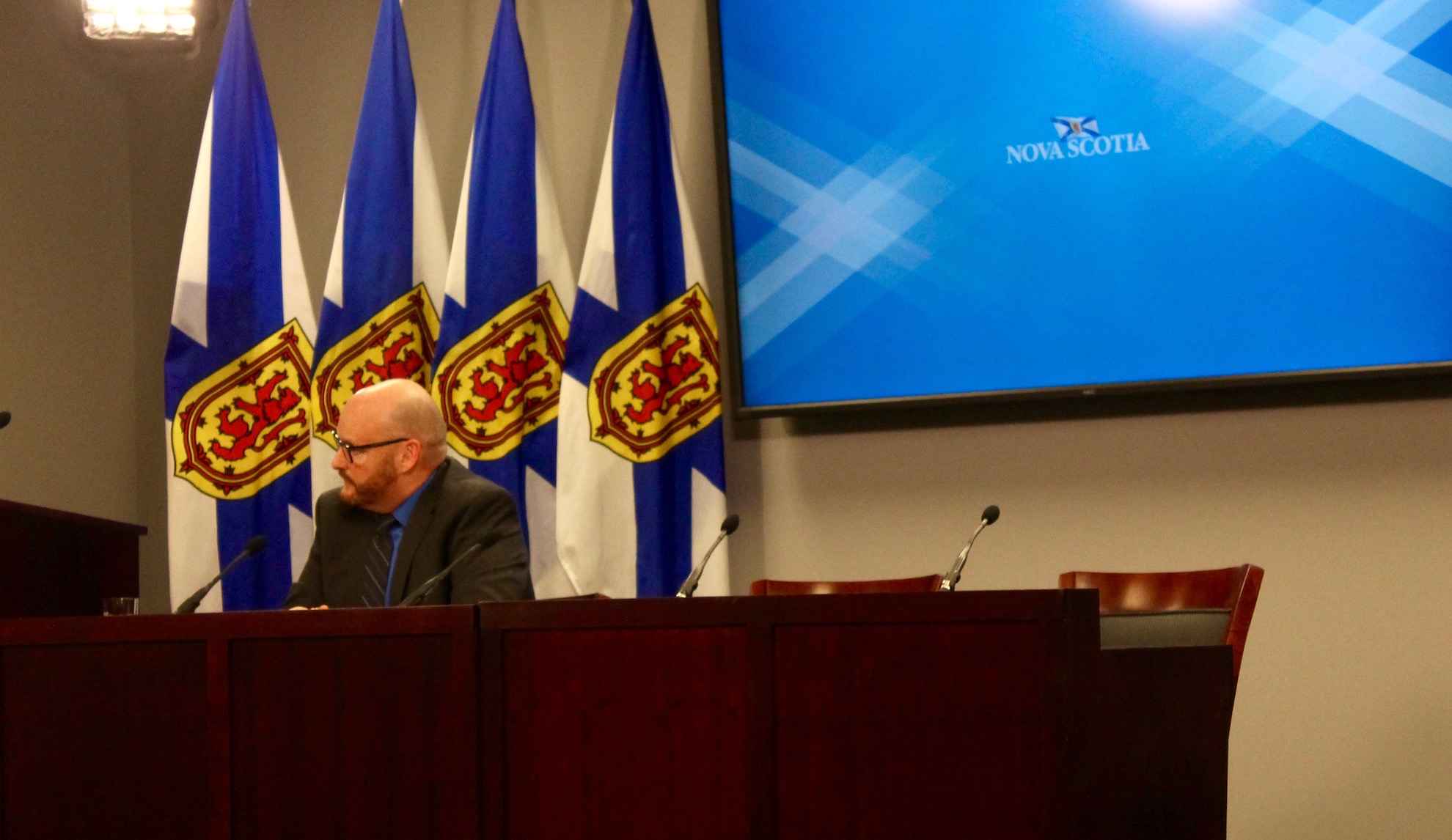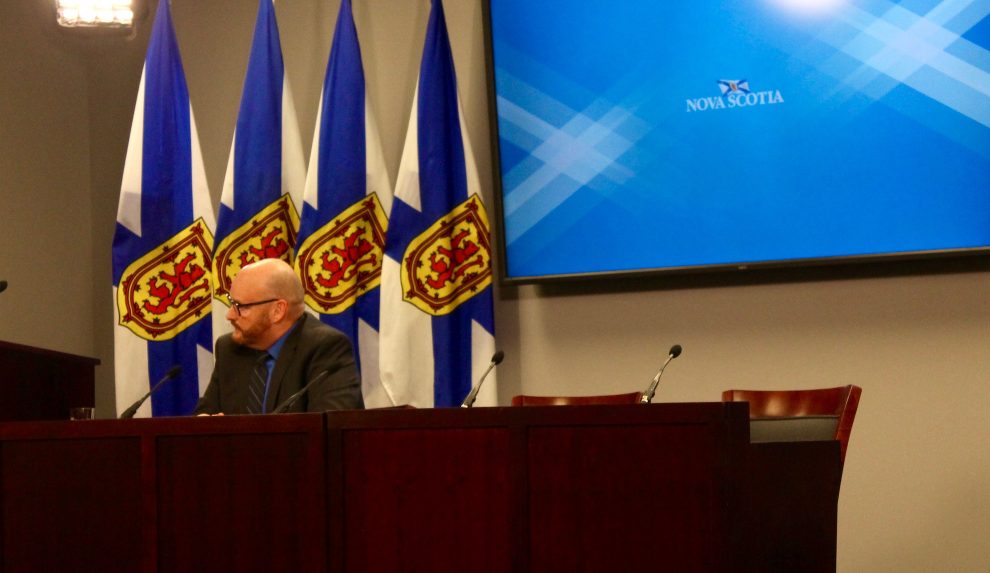POLITICS
Auditor General’s report shows uptick in taxes, debt
Financial report points out province’s highs and lows

caption
Auditor General Michael Pickup says the province's deficit is the lowest its been since 2011.
caption
Auditor General Michael Pickup says the province’s deficit is down, but tax revenue is up.The province’s deficit is the lowest it’s been in five years, but Nova Scotians have seen a 17 per cent tax increase since 2012, says Auditor General Michael Pickup.
On Wednesday his office issued its annual report on the province’s financial position under the Liberal government of Stephen McNeil.
Tax revenue, from personal and corporate income tax and sales tax, saw the government collecting about $5,800 per Nova Scotian this past year, about $900 more than in 2012.
“I think people would probably be surprised to know that over the last five years they paid 17 per cent more in taxes, when they look at their pay … their pays aren’t going up,” says MLA Tim Houston, finance critic for the opposition Progressive Conservatives.
“It’s a symptom of a weak economy.”
The 2015-2016 provincial deficit of $11 million is the lowest since 2011. But the numbers on long-term and net debt have both increased in the last five years.
“We note in our report that five-year trends for items like long-term debt and net debt continue to increase,” Pickup says.
The province net debt is $15 billion, an increase from $13 billion in 2012.
“The government owes $14,300 per Nova Scotian in net long-term debt. This is the money the government owes to outsiders, and has increased from $13,400 in 2012,” says Pickup.
Also addressed in the fall report were two new organizations that had been created by the government this year: Tourism Nova Scotia and the Nova Scotia Health Authority.
Tourism Nova Scotia didn’t submit an audited financial report by the June 30 deadline, but these are expected to be filed this fall.
“It is important that financial information be reported on a timely basis,” Pickup said, “and we would have expected that Tourism Nova Scotia should have met their legal requirements to have financial statements finalized.”
As for the health authority, the auditor general pointed out that the authority had borrowed $7 million from restricted funds to cover its operational expenditures. The report makes recommendations to the authority to not use restricted funds.
